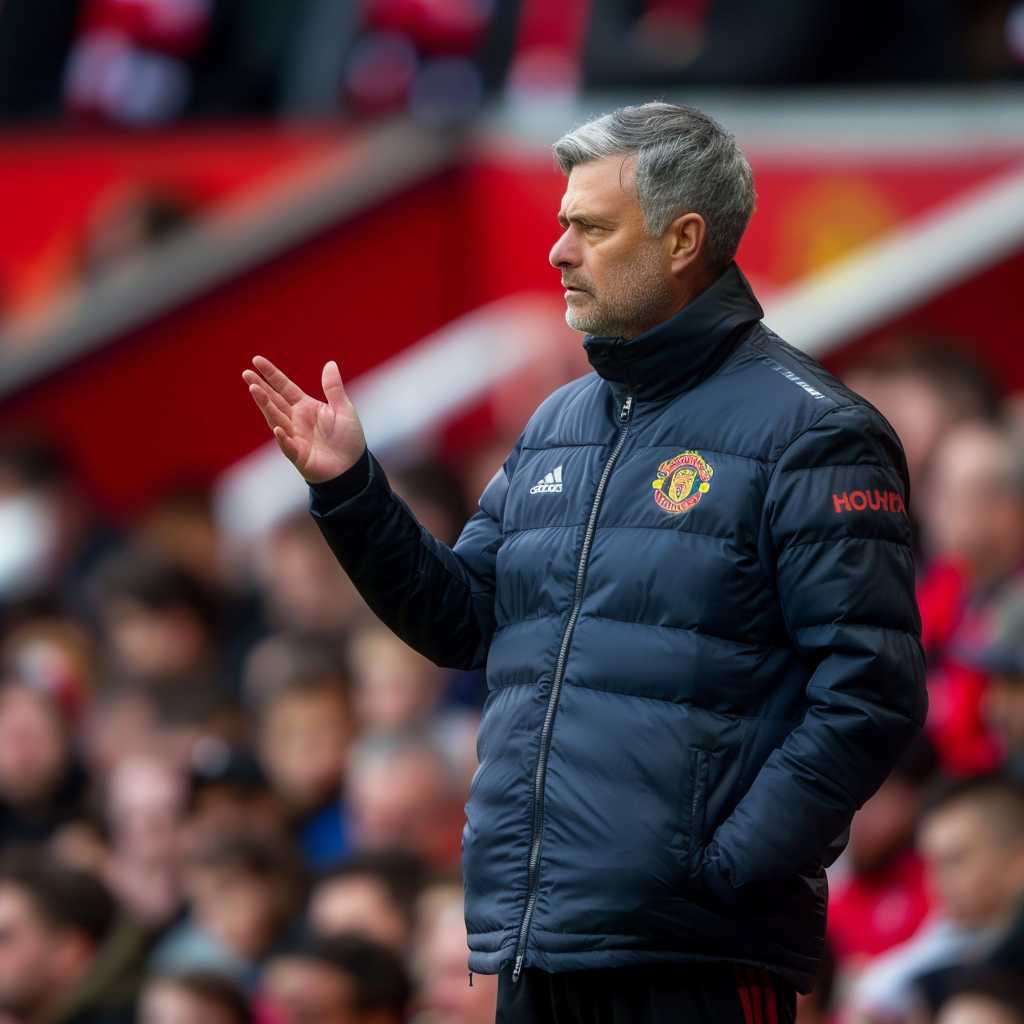### Ole Gunnar Solskjær: From Baby-Faced Assassin to Managerial Tenure at Manchester United
Introductory Overview of Ole Gunnar Solskjær
Ole Gunnar Solskjær stands as a tentpole in the football world, exemplifying a fairytale combination of on-pitch heroics and a significant, though turbulent, foray into management. His time as a player, particularly at Manchester United, made him a universal household name, embedding “the baby-faced assassin” into the hearts of fans for his lethal finishing and knack for scoring crucial goals. Transitioning into life beyond playing, Solskjær embarked on a managerial career intent on replicating his on-field success in the technical area.
Rising Star: Solskjær’s Early Career and Manchester United Triumphs
Ole Gunnar Solskjær began his football journey in his native Norway, but it was at Manchester United where his star would truly rise. Signed in 1996, he quickly endeared himself to fans by scoring on his debut. His ability to find the back of the net off the bench became a tactical weapon for Sir Alex Ferguson, and his reputation culminated in resounding glory with the dramatic winner in the 1999 Champions League final, cementing an unprecedented Treble win for Manchester United. During his time as a player for the Red Devils, Solskjær clinched multiple Premier League titles and scoring accolades—a testament to his tactical intellect and ethic.
Transition to Management: From Molde to Cardiff
Post-retirement due to persistent knee injuries, Solskjær transitioned smoothly into coaching, cutting his teeth with Manchester United’s reserves before being appointed the manager of Molde in Norway. He guided the club to their first Tippeligaen titles in 2011 and 2012 and earned a reputation equally soft-spoken in demeanor and strategic in approach. A brief and challenging stint with Cardiff City followed, marked by relegation from the Premier League—a blip that would ultimately serve as an important learning curve in Solskjær’s managerial development.
The Manchester United Managerial Era
The prodigal return to Manchester United arrived when Solskjær was named caretaker manager following the sacking of Jose Mourinho in December 2018. His tenure began with a run of wins, reviving the spirit of Old Trafford and securing permanent position by March 2019. However, the honeymoon phase eventually faded as Ole grappled with delivering consistent results. His emblematic spell combines flashes of progress with frustrating inconsistency; fostering youth development has been weighed against lackluster tactics at times.
Amidst high expectations derived from a glorious playing career backdrop, Solskjær tackled head-on the inherent pressures of managing one of the world’s biggest clubs. His philosophy aims at reviving Manchester United’s attacking legacy while juggling modern-day football complexities and worldwide fanbase scrutiny.
Philosophical Approach: Attack-Minded with a Side of Nostalgia
Throughout his managerial tenure at Manchester United, Solskjær leaned heavily on the club’s storied past to inform its future trajectory. Advocating an attacking style reminiscent of Ferguson’s era became central, as he called upon memories of yesteryear to influence current players. It is in this intersection of nostalgia and modern-day practice where Solskjær’s philosophy truly lies—rooted in historic success models yet adapted to contemporary dynamism.
While such models often yield excitement, criticism regarding tactical naivety would occasionally surface, delineating the ever-spanning gulf between past triumphs and present endeavors within management realms.
Legacy Thus Far: Achievements and Controversies
Managing Manchester United comes with widespread scrutiny—one that meticulously examines every decision made at the helm. Solskjær’s relatively inexperienced managerial stature has been both his shield against such investigations and his Achilles’ heel that bore open for critique.
Despite philosophical debate and evolving squad dynamics, it’s indisputable that Solskjær set forth groundwork for a potential future legacy—as a manager fostering youth progression intertwined within meritocratic squad selection procedures.
